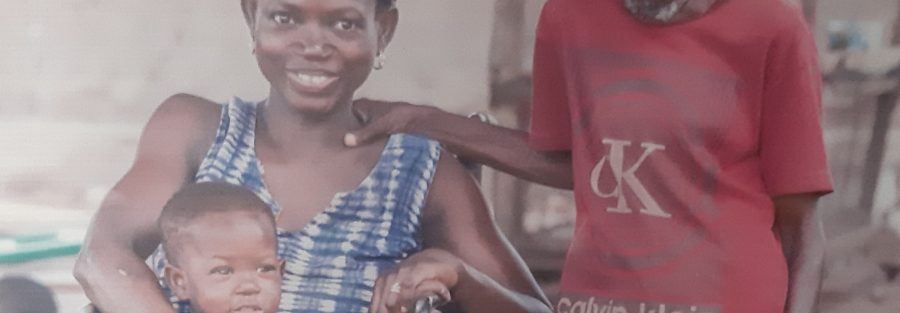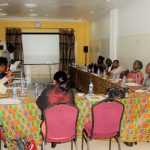Introduction
People who are most marginalized must participate in the monitoring and accountability of the Sustainable Development Goals (SDGs) if the ‘leave no-one behind’ ambitions are to be met. In pursuance of equity with regard to access to quality health services without any financial restraints, participatory accountability frameworks are necessary for marginalized groups, often on the periphery of health policy, to share their experiences and for their voices to be heard.
Notable progress is taking place in African countries in the bid for universal health coverage. While systemic gaps and the degree of advancement towards the 2030 agenda must be identified at the country-level, global strategies in health consistently uphold the need to account for beneficiaries of care in order to achieve UHC. In other words, the health security of people at the fringes of the health system — the ones most impacted by the declines and regrowth in the health system — is always essential to any country achieving UHC.
Ghana’s commitment to leaving no one behind
In Ghana, delivering on the SDGs with regard to its ‘leave no one behind’ agenda has necessitated the identification of the least visible groups of the population such as people with disabilities, women, children, older people and those who face discrimination based on who they are or where they live. These socially excluded groups are most at risk of violence and discrimination which are perpetuated amongst the poorest of the poor with regard to their health care.
Notably, some domestic policy measures in Ghana have been developed with the aim to balance inequalities in health and focuses on expanding access to care at the community level through the national health insurance scheme (NHIS) and the community health based planning service scheme (CHPS); expanding health financing options to impact vulnerable groups; developing a primary health care service package that prioritizes health service delivery for GESI groups; and developing a UHC roadmap to localize global efforts into domestic policy for UHC 2030.
Listening and responding to the voices of those left furthest behind is a basic schema for addressing the needs of Ghana’s most vulnerable citizens. As such, the Alliance for Reproductive Health Rights is supporting Ghana’s UHC agenda through primary health care advocacy, research and continuous capacity building. The ARHR leads several projects that utilize the knowledge generated by these marginalized groups to complement subnational statistical data to build a deeper understanding of the issues that perpetuate poverty and inequality in Ghana’s health system. ARHR also works with health leaders and decision makers to generate a map on how to address these arising issues.
The Bridging Gaps; innovate for Malaria and GESI projects utilize participatory monitoring tools rooted in ensuring better social accountability of health providers to marginalized people in the communities they serve. These projects focus on processes that enable personal empowerment, collective identity building and sharing knowledge of rights, support interest in social accountability and build capabilities for political engagement. The knowledge and collective action for accountability emerging from these projects are harnessed and joined to efforts by national governments, civil society organizations, and other multilateral institutions to make the most sustained impact.
Ghana currently has no data information system that harmonizes real-time, service delivery data nationally. The aforementioned projects provide opportunity to aggregate open data on the quality of public health services from the perspective of service users at all levels of the health system; first to strengthen citizen advocacy and secondly for government accountability — to hold decision makers accountable for designing data-led policies and building inclusive institutions. As the Government of Ghana has signed on to the SDG and UHC aspirations, there must be a data revolution that acknowledges a segment of Ghana’s UHC success and will be determined by the extent to which timely, accurate and high quality health system data is used to meet the targets set out by all peoples and all segments of society.
Conclusion
The agenda to leave no-one behind is a comprehensive one. Countries tackling this agenda in health must prepare to account for and address inequalities of quality care at a systemic level and an individual level. Ghana, therefore, must be able to report on the equalities at the lowest level of care to tell the accurate story of its UHC journey. The United Nations 2023 milestone states that governments must be able to report disaggregated data to SDG official statistics to capture the full spectrum of the equity dimensions of UHC monitoring progress. This data can be made readily available through the regular and purposeful engagements with socially excluded groups to harness their experiences for UHC policy action and provide fairer opportunities and health all, now and for the future.



